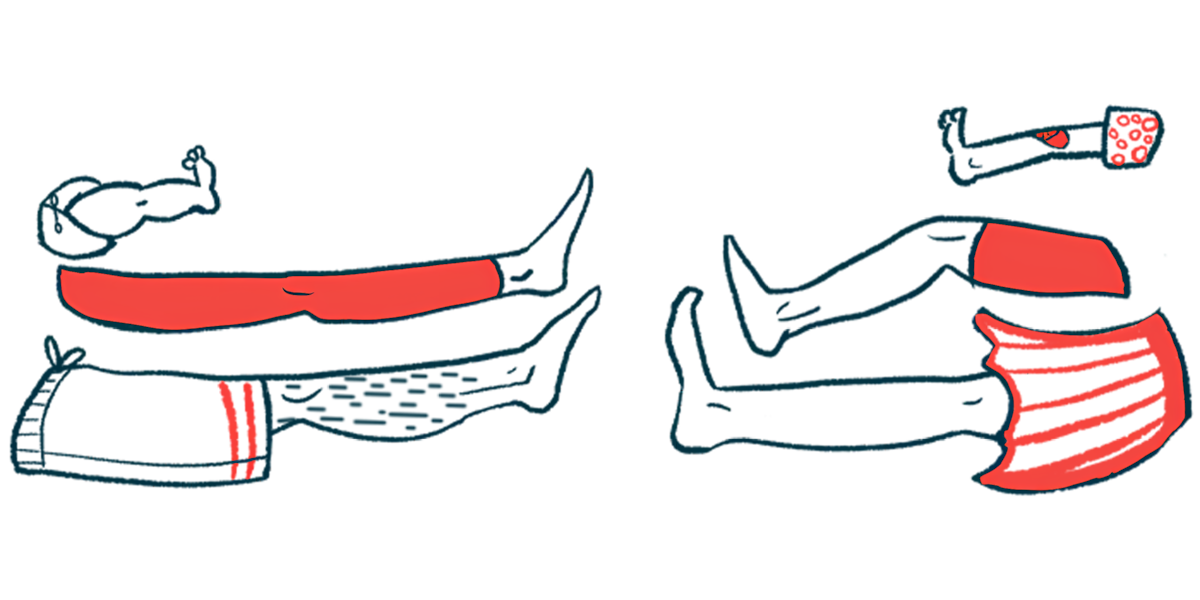Cannabinoids seen to ease MS spasticity, meta-analysis finds
Review of 31 studies indicate nabiximols can be effective, but responses vary
Written by |

Nabiximols and other cannabis-based preparations sometimes used with multiple sclerosis (MS) appear to work well for controlling spasticity, a common disease symptom that occurs when muscles stiffen or tighten, a meta-analysis of findings in published studies reported.
Larger studies into cannabis-based treatments of spasticity for these patients are needed, its researchers, all in Iran, wrote.
The review article, “Cannabinoids for spasticity in patients with multiple sclerosis: A systematic review and meta-analysis,” was published in the journal Multiple Sclerosis Journal – Experimental, Translational and Clinical.
Medications for spasticity can fail to provide long-term relief
In MS, damage to nerve cells in the brain and spinal cord causes a range of disease symptoms that can vary widely from one patient to another. But spasticity, marked by stiff, tight muscles, and sudden spasms that often limit a patient’s daily life, tends to be among the more typical ones.
Spasticity can be controlled with medications, but side effects are frequents and benefits typically don’t last long. Many patients turn to cannabinoids — the active compounds found in the cannabis plant — to help with muscle stiffness or tightness.
Nabiximols, an oral spray that combines the two most common cannabinoids, is approved in Canada and most of Europe under the brand name Sativex to treat MS spasticity in adults who don’t respond well to or cannot tolerate other medications.
However, the safety and efficacy of nabiximols and other cannabis-based products “are not clearly understood,” the researchers wrote.
A team with Tehran University of Medical Sciences searched the literature for studies related to this topic. After careful review, they selected 31 studies, including six randomized trials.
The vast majority of these studies came from Europe, with two being from the U.S. The number of patients in them ranged between eight and 1,845, and the studies’ duration ranged between four weeks and one year. All but four studies investigated nabiximols.
A meta-analysis was conducted to examine the pooled effects of cannabinoids on spasticity across all studies. Data showed that the cannabis-based products significantly reduced spasticity on two validated measures, the MS spasticity Numerical Rating Scale (NRS) and the Ashworth Scale.
“Nabiximols was the most common cannabinoid which was used to control MS-related spasticity, and it was effective,” the researchers wrote.
Still, they noted considerable variation among the studies, meaning that while cannabinoids worked for many, the results varied from patient to patient.
“Among included studies, some found that cannabinoids are not effective in controlling spasticity, while others did find [efficacy]. The difference among the findings is due to different inclusion and exclusion criteria, diverse definitions of spasticity, and follow-up duration variation,” the researchers wrote.
“The administration of cannabinoids to control MS-related spasticity may help patients, but larger multicentric studies are needed,” they concluded.


